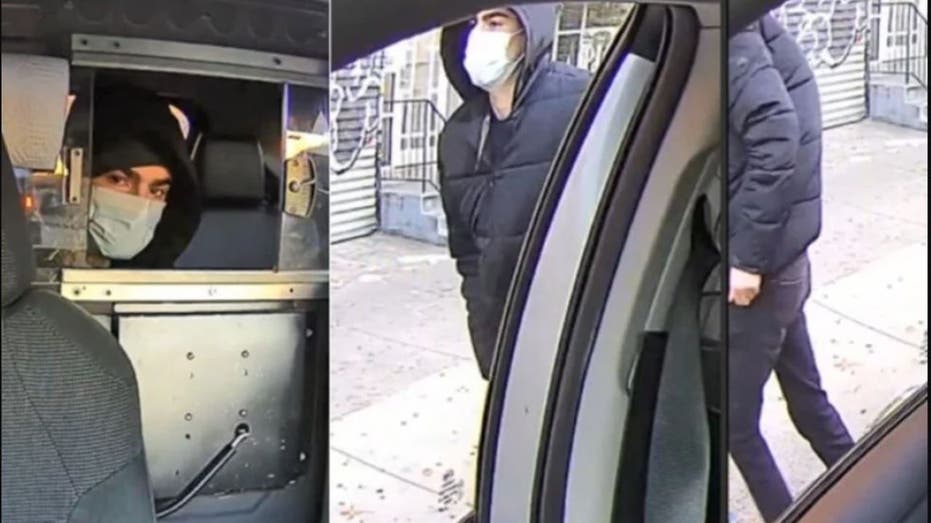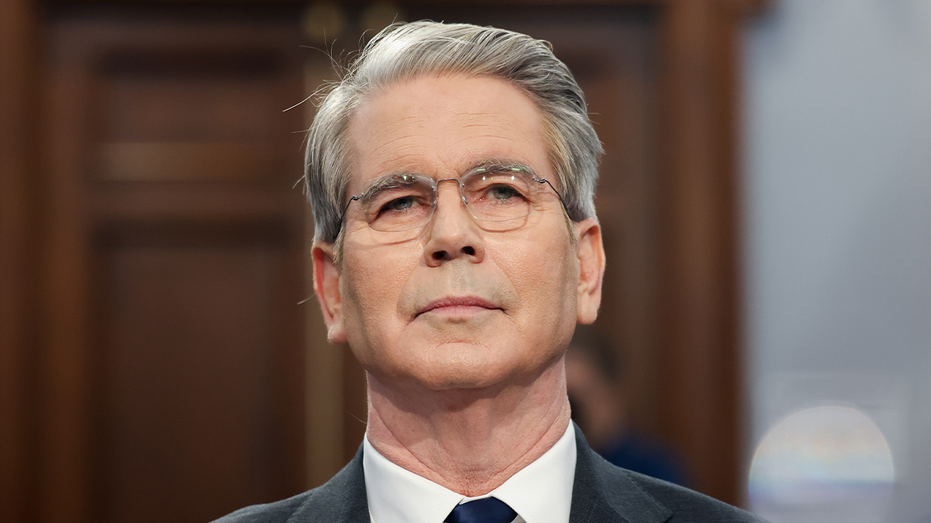Dr. Janette Nesheiwat: COVID vaccines have me feeling optimistic. Here's what we must do right now
We have just witnessed an important step on the road that will eventually end the COVID-19 pandemic.

The decision by a panel of independent experts Tuesday recommending that health care workers and residents of long-term health care facilities be the first people to be vaccinated against COVID-19 is an important step on the road that will eventually end the pandemic.
The panel of experts voted 13-1 to make the recommendation to the Centers for Disease Control and Prevention (CDC). The decision on who gets vaccinated first now goes to CDC Director Dr. Robert Redfield.
No vaccinations can begin until the Food and Drug Administration approves an emergency use application for a vaccine.
An FDA advisory committee will meet Dec. 10 to consider such an application from the drug company Pfizer, and will meet again Dec. 17 to consider an emergency use application for a vaccine produced by the drug company Moderna.
Other vaccines are in the pipeline and could be approved in early 2021 if the FDA concludes they are safe and effective.
I am excited that with the expected approval of the two vaccines beginning later this month the pain, suffering and tragic deaths that our country and the entire world have endured since early this year will be reduced and gradually come to an end.
The coronavirus has caused nearly 1.5 million confirmed deaths worldwide, including more than 270,000 people in the U.S., according to Johns Hopkins University. More than 63.7 million people have contracted COVID-19 globally, including 13.7 million in the U.S.
Vaccines will save countless lives and prevent suffering caused by COVID-19. They will bring us closer to the day when we may no longer have to wear masks, social distance, and stay home as much as possible.
This means we’ll once again be able to go to the movies, plays, concerts, packed sports stadiums, restaurants and other gathering spots. Kids will be back in school, we’ll be able to gather with friends and family for holiday dinners, weddings, birthday parties and other occasions.
So as hard as the past eight or nine months have been, we’re now in an exciting time and we should all be ecstatic because soon our lives will be changed once again, but for the better.
In addition to the Pfizer and Moderna vaccines, other vaccines by Johnson & Johnson, Novavax and Astra Zeneca are being developed but are still undergoing clinical trials.
But importantly, we’re not out of the woods yet. It’s going take months to vaccinate everyone in the U.S. and longer to vaccinate the population of the entire world. According to the U.S. Census Bureau, there are 7.7 billion people in the world, including 330.6 million in the U.S.
Making the task of mass vaccinations even more challenging is the fact that both the Pfizer and Moderna vaccines require two shots, about a month apart. That translates to 15.4 billion vaccinations to protect everyone on the planet, including 661 million in the U.S. In addition, the two vaccines must be stored at super-cold temperatures.
Importantly, we still don’t know how long the coronavirus vaccine will protect us from COVID-19. Will we need yearly shots, like we not get for the flu? Or will a vaccination offer us lifetime protection, like we get with the measles or hepatitis vaccine? Or maybe protection for a handful of years?
Assuming FDA approval comes for the Pfizer vaccine comes Dec. 10 and for the Moderna vaccine Dec. 17, distribution of each vaccine across the U.S. can begin the next day.
We expect 40 million doses of the vaccines will be available by the end of December — enough to vaccinate 20 million people.
According to Dr. Moncef Slaoui, chief science adviser for the federal government’s Operation Warp Speed, to reach herd immunity we need 75% to 80% of the U.S. population immunized against COVID-19.
Assuming that health care workers — like critical-care nurses, respiratory technicians and doctors — will be vaccinated first, along with people in long-term care facilities, it’s likely that people with underlying medical conditions will be next in line. These conditions include heart disease, kidney disease, cancer, and diabetes. Senior citizens, who are more vulnerable to COVID-19, are also likely to get vaccinated ahead of the general population.
We expect everyone in the U.S. who wants a COVID-19 vaccine to be able to get one no later than June 2021. This a monumental achievement and blessing, because the Pfizer and Moderna vaccines are believed to be about 95% effective. And all the evidence to date shows the vaccines to be safe, based on rigorous scientific standards.
CLICK HERE TO GET THE OPINION NEWSLETTER
As a physician, I am grateful to know that my patients will no longer become ill or die of COVID-19 once vaccinations are widespread. I am thankful that my own fears of contracting the disease at work will be minimized and that my fear of bringing the virus home to my family will be reduced.
Until then it’s absolutely critical we all wear masks, ensure we stay 6 to 10 feet away from others, wash our hands frequently, avoid crowded areas and confined closed spaces without ventilation, and get tested for COVID-19 a few days after traveling.
It’s important that we adhere to these safety measures because right now nearly 100,000 people are hospitalized across the U.S., including thousands in intensive care units.
Many hospitals have reached their capacity to care for patients needing intensive care and some are also running out of beds for other patients. Hospital staff members are overburdened and strained, working many extra hours beyond their normal shifts. Elective surgeries are being postponed.
And keep in mind, people are hospitalized for many more conditions besides COVID-19. A woman giving birth, someone injured in a serious car accident, a person having a heart attack, a cancer patient getting chemotherapy, and others needing emergency medical treatment can’t delay entering hospitals to make room for a surge of COVID-10 patients.
Hospital admissions are up nearly 50% in some parts of the country, including Texas, Idaho, Missouri, New Mexico and Florida.
Ventilator use has increased up to 30%. The U.S. is experiencing over, 400 deaths per day as a result of COVID-19 and the death toll from the disease in America will likely top 300,000 by Christmas.
Let’s stop these numbers from growing. It is our duty to society and to our communities to be compliant and mindful of safety precautions because our behavior impacts the trajectory of this sinister disease. Let’s regain and retain control of this virus and do everything we can to stop its spread until we reach herd immunity with vaccinations.
I pray for my patients’ health and safety. It's always hard for me to tell a patient they test positive. Some of them burst into tears.
Remember that we’re near the beginning of the end of this nightmare. Stay strong, stay positive and keep yourself healthy. Don't give up! We know what to do to fight the spread of the coronavirus, so let’s do it, together. And when you can, get vaccinated.
CLICK HERE TO READ MORE FROM DR. JANETTE NESHEIWAT
What's Your Reaction?

















